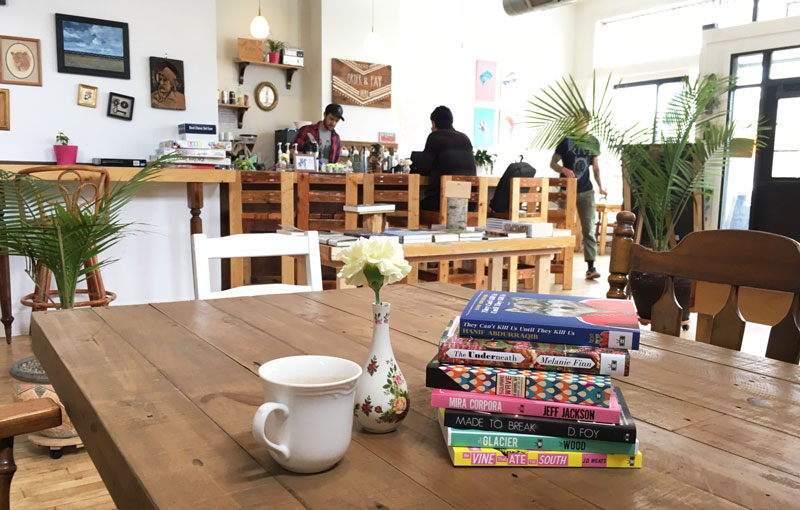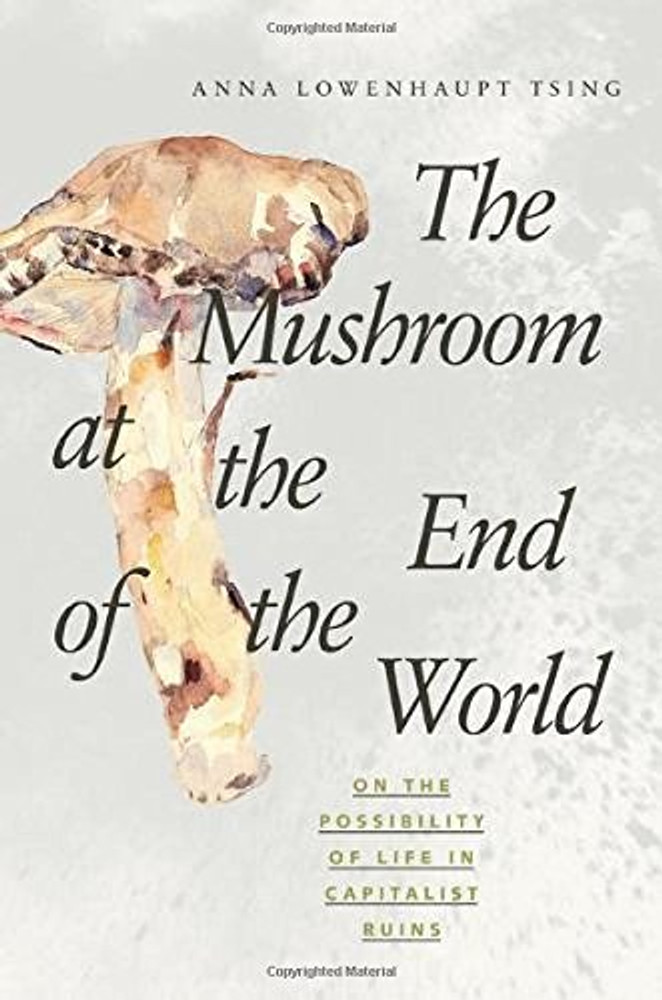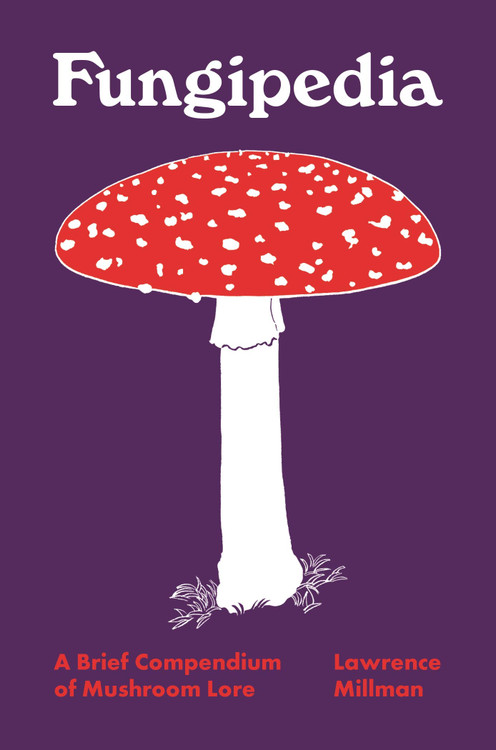
Two Dollar Radio acknowledges that this land where we live and work, commonly known as "Columbus, Ohio," is the contemporary territory of the Shawnee, Miami, Hopewell, and other Indigenous Nations.
Two Dollar Radio Headquarters (HQ)—a locally owned and operated family-run shop opened in 2017—is an indie bookstore, performance space, and fully vegan bar, coffeehouse, and cafe located on the South Side of Columbus, Ohio. As a bookshop, we carry an exciting, carefully curated list of titles almost exclusively devoted to independently published literature. Our bar serves cocktails, wine, and draft beer, and our cafe serves locally roasted coffee, house-made vegan meats and cheezes, sandwiches, salads, pizzas, dips, and more. Our performance space features a wide range of offerings from panel discussions, local and touring author readings, musicians, magicians, trivia, themed storytelling, poetry open mics, and more. Our space is family friendly and wheelchair accessible, with plenty of comfy tables for group seating. Read more about us here.
1124 Parsons Ave, Columbus, OH 43206 | 614-725-1505 | TwoDollarRadioHQ--at--gmail





